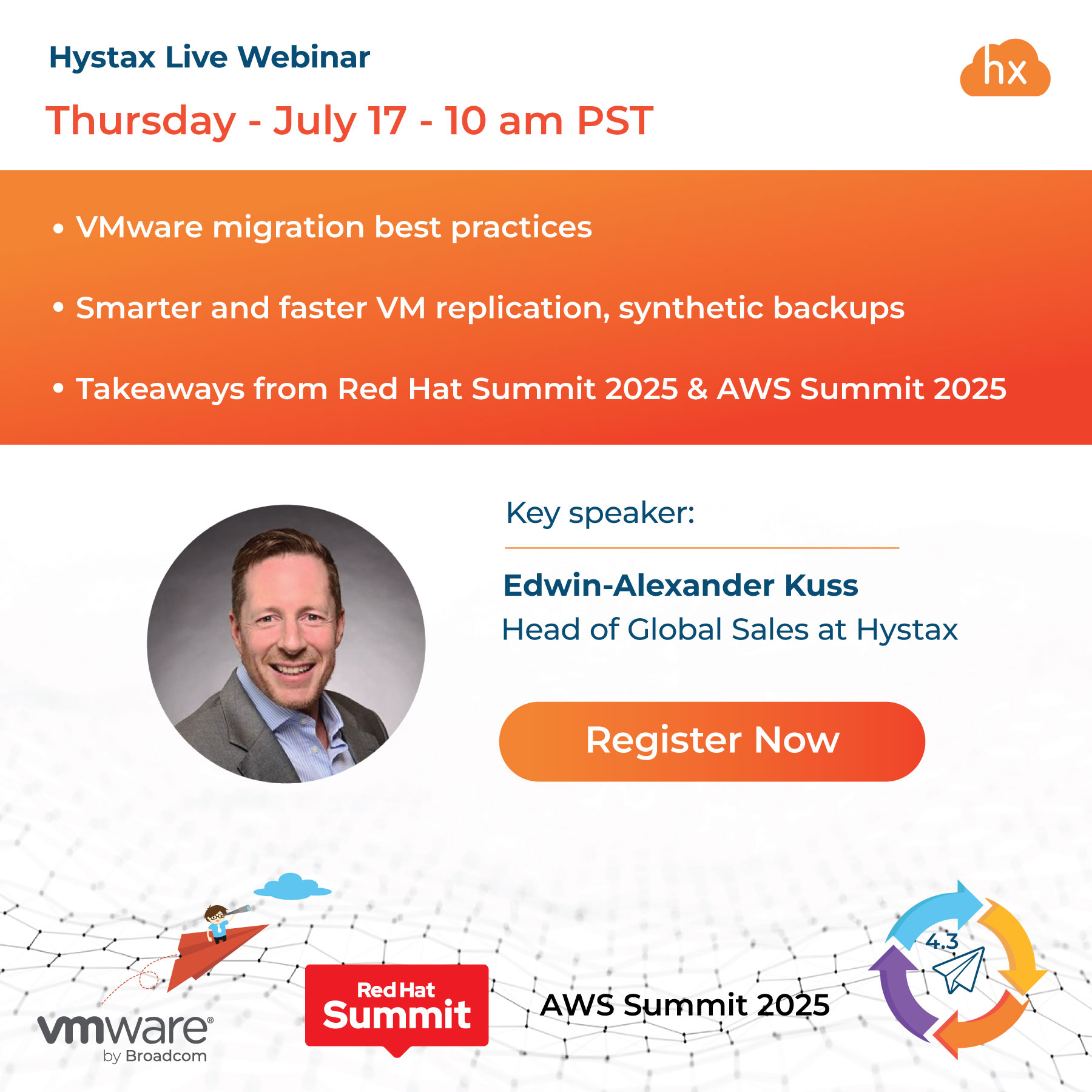In our ever-evolving digital realm, businesses are shifting strategically towards cloud computing to streamline their processes, attain scalability, and ensure secure storage, all within a centralized platform. This transition signifies a departure from the costly construction of data center infrastructure to embrace cloud service providers. These cloud-based infrastructures empower businesses to scale rapidly, adapt to fluctuating demands, and consistently serve their users without interruptions. Enter Microsoft Azure, a key player in this transformative landscape.

So, what sets MS Azure apart?
Introduced by Microsoft in February 2010, Microsoft Azure emerged as a dynamic public cloud computing platform, offering users access to diverse cloud services and resources. Now, let’s delve into the unique strengths and considerations of leveraging MS Azure.
- MS Azure eliminates the ordinary by offering various cloud computing services, such as IaaS, SaaS, PaaS, and serverless computing.
- The platform’s services are organized into three main categories: computing, networking, and storage.
- Within the computing category, MS Azure provides virtual machines, service fabric, and functions to cater to diverse computing needs.
- Networking services, including Azure CDN, virtual network, and MS Azure DNS, form a comprehensive suite that significantly improves connectivity.
- MS Azure’s storage services cover various aspects, such as disk, file, queue, and blob storage, offering a complete solution for data storage.
- MS Azure’s innovative approach extends beyond traditional cloud services, making it a standout choice in the industry.
- Let’s now delve into the distinctive advantages and essential considerations accompanying the adoption of MS Azure.

Advantages of Microsoft Azure
Microsoft Azure stands as a fortress for data security
As businesses place their trust in MS Azure, concerns about security naturally surface. Yet, MS Azure dispels doubts by championing top-tier data protection. Operating on the robust DADSC model (detect, assess, diagnose, stabilize, and close), Azure’s security approach sets a gold standard. Beyond mere protection, Azure seamlessly weaves in advanced security services to shield data, applications, and infrastructure. It excels in early threat interception, empowering users to respond swiftly and decisively.
Architects of a dynamic hybrid future
Azure empowers businesses to construct a dynamic hybrid infrastructure by seamlessly integrating public, private, and on-premises elements.
Agility enhancement: Integrating diverse components allows businesses to enhance agility by leveraging a broad range of cloud services tailored to their needs.
Seamless application mobility: Applications seamlessly traverse different environments, including on-premises, cloud, and edge, providing flexibility in deployment and operation.
Support for virtualized environments: Azure’s support for virtualized environments is exemplified through Azure Stack HCI, facilitating the efficient running of applications in a virtualized setting.
Innovation catalyst: MS Azure catalyzes innovation by consistently supporting and fostering the evolution of hybrid infrastructure, encouraging businesses to explore and implement cutting-edge solutions.
Unfolding the pages of cost-effective flexibility
In scalability, Azure adopts a pay-as-you-go model, granting businesses the autonomy to pay solely for the services they employ. This adaptable strategy positions Azure as an alluring choice for small and medium-sized enterprises, giving them strategic control over purchasing decisions.
Ensuring an unbroken tapestry of high availability
Microsoft Azure stands tall with an unwavering commitment to high availability, maintaining seamless access to all functions, even in the face of component hiccups. This resilience is fortified through Azure services’ meticulous service-level agreements (SLAs) and fail-safe mechanisms like Azure Backup and Azure Site Recovery. Pledging a 99.95% uptime guarantee in the legal agreement, Azure outshines competitors in the same price echelon.
Empowering businesses with seamless scalability
Recognizing the fluid nature of business dynamics, Azure unfolds scalable structures that can be effortlessly tailored up or down with a few clicks. This adaptability empowers businesses to fine-tune computing power for their needs without additional purchases. With Azure, companies pay only for the resources they consume, ensuring a reasonable allocation of financial resources.

Disadvantages of Microsoft Azure
Potential for escalating costs
While the pay-as-you-go model of Azure suits small and medium-sized businesses, it may not be as economical for large organizations. Large companies’ sheer volume of data processing, extensive human resources, and substantial computing power needs contribute to heightened resource usage and, consequently, increased costs. In such scenarios, large organizations often retain on-site servers rather than migrate to the cloud.
Concerns about speed based on location
MS Azure’s global reach extends across 60+ regions and encompasses 140 countries, showcasing its extensive and widespread infrastructure.
Location-based challenges: Due to the expansive coverage, users far from the data center region may encounter challenges. The 60+ regions serve 140 countries, ensuring rapid data access in locations such as the United States, Europe, India, Australia, Japan, and China.
Swift data access in specific regions: Notably, Azure provides efficient data access in areas like the United States, Europe, India, Australia, Japan, and China, where the proximity to data centers ensures swift operations.
Latency concerns for distant regions: Conversely, businesses located significantly far from the areas may face latency issues, emphasizing that the speed of Azure services is contingent on the user’s geographical location.
Demand for management and platform expertise
With Azure’s infrastructure entirely in the cloud, businesses require skilled professionals to oversee and maintain the cloud-based data center. This need becomes particularly pronounced for large organizations, where Azure’s intricacies can pose challenges. While Azure reduces hardware and maintenance costs, it doesn’t alleviate the responsibility of managing the data center.
Furthermore, Azure’s advanced nature makes building an infrastructure based on it not only intricate but also reliant on expertise. Consequently, businesses must invest in hiring Azure specialists capable of navigating complexities such as server monitoring and patching for efficient data management.
For ☁️MS Azure users and enthusiasts, Hystax offers an OptScale open source platform with rich FinOps and MLOps capabilities It is fully available on the GitHub page under Apache 2.0 for all types of workloads and organizations



